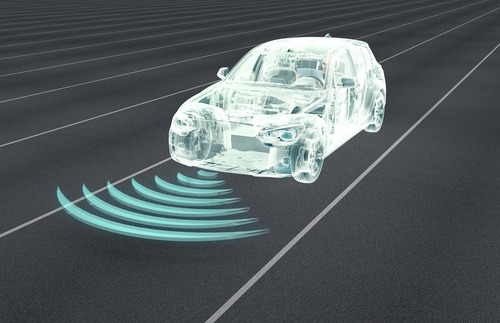
Legislation recently introduced in the state Senate would create guidelines for the testing and commercial deployment of Highly Automated Vehicles (HAV) in Pennsylvania.
Senate Bill 965 would allow for the operation of HAVs with or without a driver on board. Under a Pennsylvania Department of Transportation policy developed in 2018, a licensed driver is required to be seated in the driver’s seat at all times and be in physical control of the vehicle. The bill allows a driver to operate the vehicle either from the driver’s seat or a remote location. The vehicle also could be operated exclusively by the Automated Driving System.
In other states where HAVs are tested, the vehicle is accompanied by lead and trailing vehicles with human drivers and safety control technologies.
Educational institutions and businesses specializing in the advancement of driverless technology are the only groups, under the bill, allowed to test and deploy HAVs commercially.
The bill asserts that the Pennsylvania Department of Technology is the governing agency with the Highly Automated Vehicle Advisory Committee conducting continuous evaluations. In addition, the bill incorporates the Society of Automotive Engineers’ international standards as well as the best practices of 39 states that implemented legislation or executive orders centered around HAVs.
The bill’s goal is to put Pennsylvania on par with Texas, Florida, Arizona, and other states that are creating a pathway for autonomous testing and commercial deployment.
State Sen. Wayne Langerholc, Jr. (R-Bedford/Cambria/Clearfield counties), chairman of the Senate Transportation Committee, introduced the bill. It was referred to the committee for consideration.
Langerholc and other government officials announced the bill at Carnegie Mellon University’s (CMU) Mill 19 facility at Hazelwood Green in Pittsburgh.
“We dare to dream today. We dare to stay ahead of the curve, to never settle for complacency,” Langerholc said. “We recognize the future, and it starts here and starts now – a future that will not leave Pennsylvania behind, but rather be the benchmark for the industry. Today’s unveiling of this legislation takes the seed planted by these companies in good faith, and not far from here, and nourishes it. I look forward to the growth and the fruit that it shall bear.”
Farnam Jahanian, CMU president, also spoke at the event, addressing that collaboration among government, academia, and industry has propelled the state’s autonomous vehicle industry forward.
The autonomous vehicle industry will reach approximately $7 trillion globally by 2050, he estimated.
“While the economic impact of AV promises to be extraordinary, it also holds remarkable potential to enhance quality of life for citizens across the nation and contribute to solving significant societal challenges,” Jahanian said.
Benefits potentially include reductions in carbon emissions, improvements to traffic safety and infrastructure maintenance, expanded opportunities for independent living, and the technology implications extending to logistics, sustainability, and medical care.
Major regional HAV firms have been testing increasingly outside of Pennsylvania, according to a recent study.